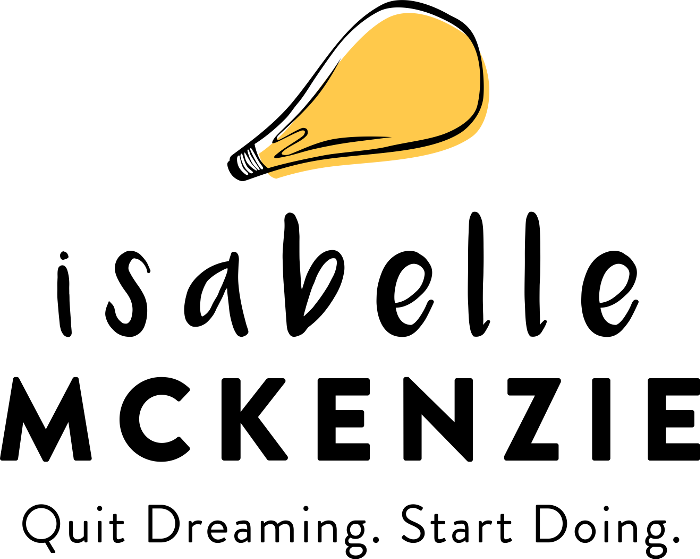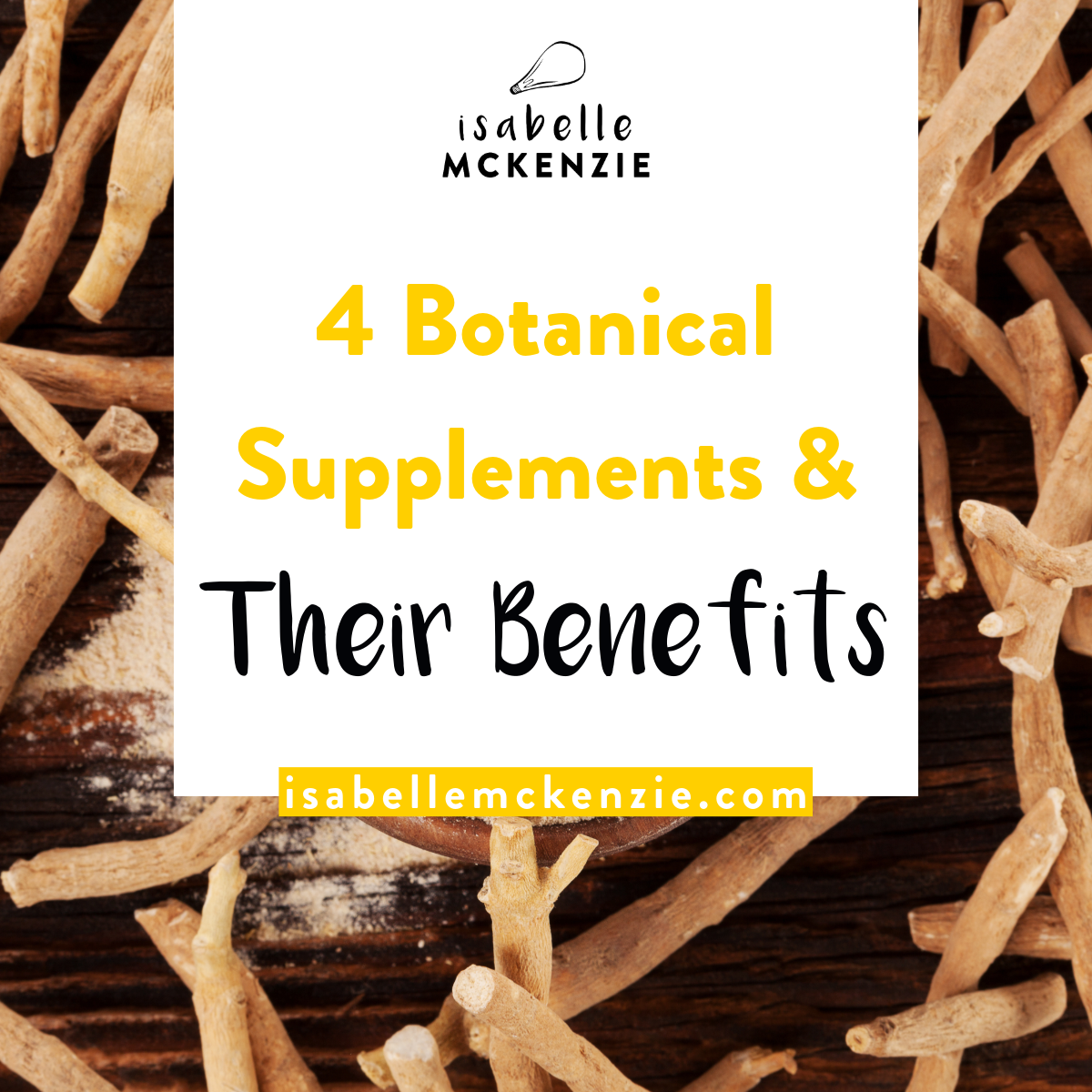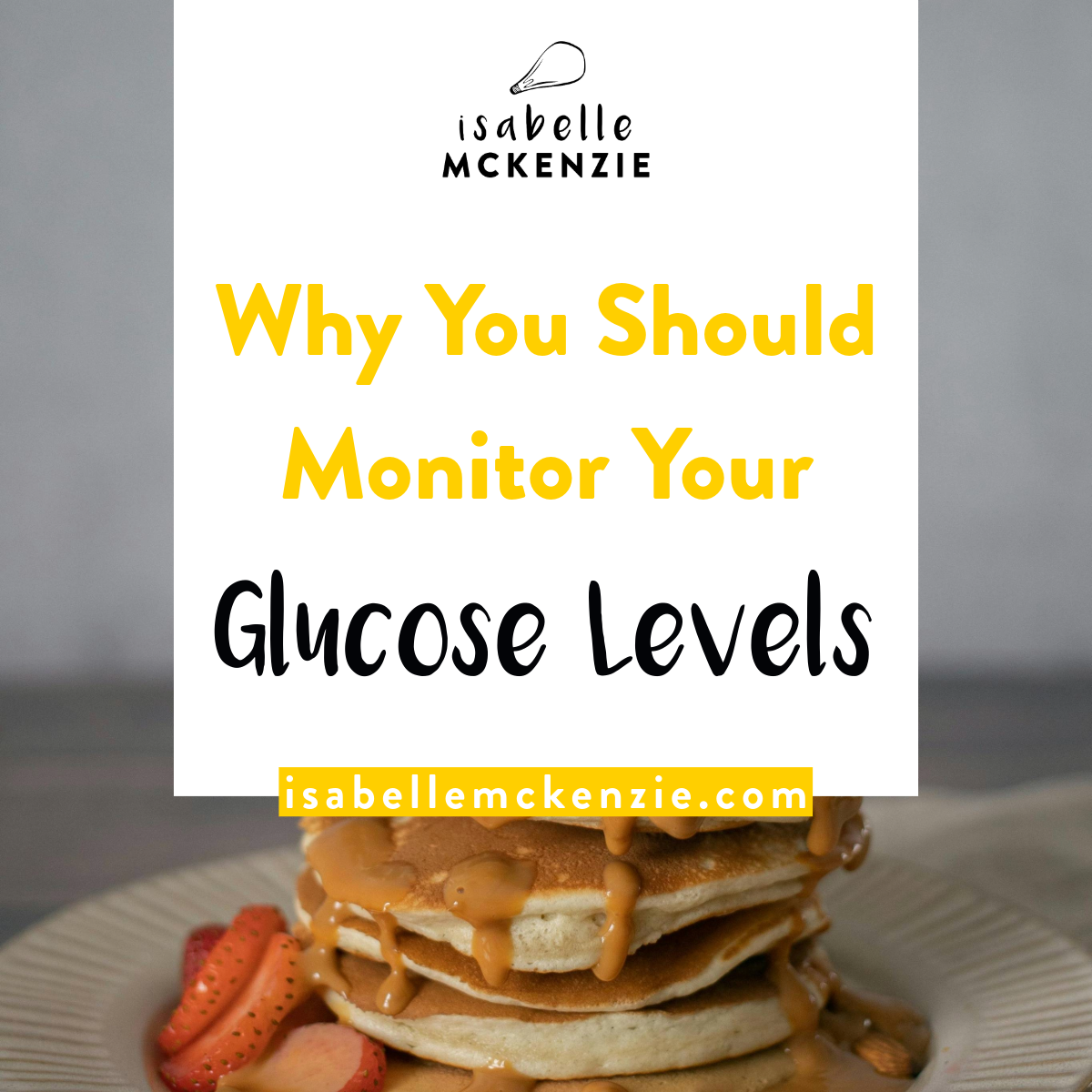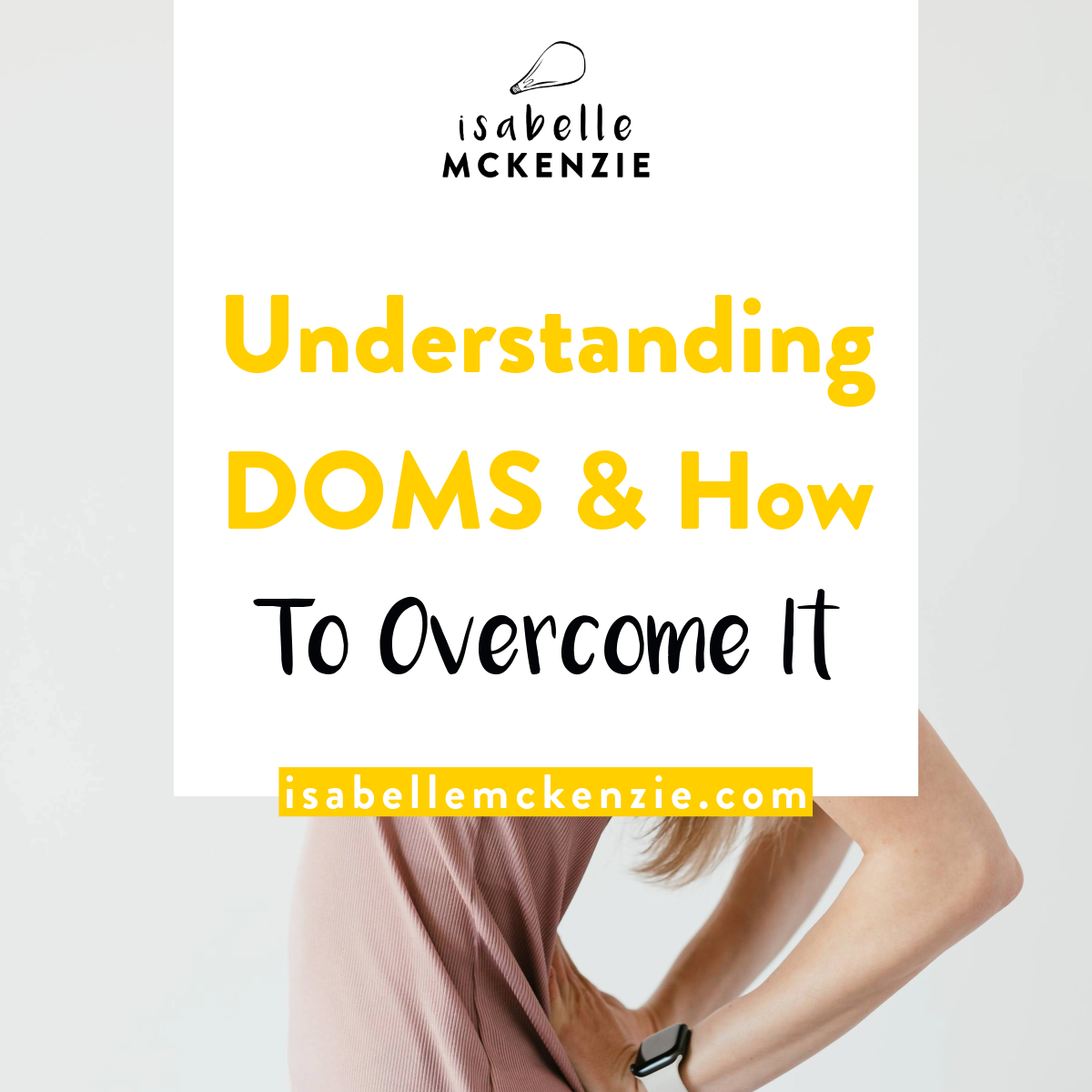How to Break the "I'll Start My Diet Tomorrow" Trap
#SugarBalancedLiving
It’s time for you to break free from that nagging cycle of saying, "I'll start tomorrow." Do you keep telling yourself that you’ll plan to “start a new diet or health plan every Monday or you’ll get to eating healthier and staying on track tomorrow”? But tomorrow never comes, does it? There always seems to be something that causes you to push tomorrow further and further away. Here’s how to break the ‘start tomorrow’ cycle!
Excuses: there is not enough time today, you’re too tired, you’ve had a busy day and need to relax with wine, cake, and TV binging… every day a new excuse or reason to not ‘start’.
Yeah, I see what you’re doing! I’ve been there, said that, more times than you can count!
No matter how much you dream, plan, or want to create a new healthier routine, or lose weight, the vicious cycle of "I'll start my diet tomorrow" is often the most frequent barricade that we face on our journey to reaching not only our health dreams but also goals in general.
“It’s just one burger with fries. It’s fine my diet starts tomorrow”, “The diet starts Monday.” Yet, tomorrow comes and goes and so does Monday. You make no changes. You never start.
If you’re in that place where all you can do is wait until tomorrow, I encourage you to think about why this is? Why can’t you start today? When we say, “I’ll start tomorrow”, we are only making excuses for not making positive changes and are sabotaging any effort that we have made.
Why do we always “start tomorrow”?
Why do we keep forgoing tomorrow’s happiness, wellness, and success for a temporary ‘unhealthy’ piece of enjoyment today? It makes zero sense, right?!
This is actually a very common ‘big question’ that most of us face when challenged with starting toward change. That’s why today, we’re going to take on this question head-on and tackle it right now.
While procrastination or hesitating to get started on something, seem like willpower problems, the root of your not-today despair may be a mental defense mechanism to help you avoid negative feelings and discomfort.
When we’re attempting to change a habit, we’re doing something different that’s outside of the comfort zone that we’ve been in and that uncharted territory can make us apprehensive when taking the steps forward to start.
Additionally, here’s the thing: tomorrow doesn’t exist.
You see, self-discipline isn’t the problem - life is! You have absolutely no control over what tomorrow looks like.
Let’s say you are at your most motivated and self-disciplined self; the fact of the matter is you still don’t have any control about what happens tomorrow. Life is full of variables that you can’t control that’ll get in your way.
It can feel tough when getting started with changing or adding a habit into your life because you don't have an established routine. This new practice isn’t a regular part of your daily schedule and it’s not an established habit that you don't have to think about doing. Instead, it takes thought and planning to incorporate it into your day, you don’t do it intuitively as a part of your schedule.
But, adjusting your mindset on how you feel and think about whatever task, practice, or discipline you’re avoiding implementing will help you stop procrastinating, ditch all that tomorrow talk and finally take action to create a master health for your mind and body.
Excuses are just excuses. Are you ready to start right now or keep on waiting until tomorrow?
I’m going to help you learn right now how you can stop falling into what we call ‘the tomorrow trap’. Today we will find out how to recognize the most common ways we fall into ‘the tomorrow trap’ and the very steps I took to shift my mindset for success and help myself break free from this vicious cycle and avoid falling into it these ‘tomorrow traps’.
#1 Trap: Today has been a busy or tiring day, tomorrow will be better though!
Today, life is feeling demanding. Your life is so stressful that you either don’t have time for healthy eating, just thinking about nutrition is stressful today or you deserve to comfort yourself with indulgent food for just one more day.
When we feel overwhelmed, strained, tired, and like we don’t have enough free time, we’ll often look toward tomorrow as going to be different. Tomorrow, you’ll have less to do and you’ll find the time to think about making those hard decisions when it comes to eating healthy.
What to Do:
Give yourself a reality check. It’s way too easy to convince yourself that tomorrow will be easier and excuse your present actions.
When you make promises to eat healthier tomorrow, stop and ask, “Am I actually going to do these things I’m promising? Or am I falling back into the ‘I'll change tomorrow cycle?” You need to spot rationalizations and stop them in their tracks. Be completely honest with yourself.
Are you using the fact that you’re tired as an excuse to indulge and use junk food to comfort yourself? Take your mood out of the question of what you eat. Deep down you know that eating healthy isn’t a chore but a decision. The truth is when you feel like your life is crazy and out of control, focusing on a healthy meal plan will help you feel in control, and actually reduce your stress.
There will always be busy times, we just need to learn how to manage our life around them and call out our excuses for what they are: excuses.
#2 Trap: What’s wrong with being confident? Well, we’re being overconfident.
Slow down, overconfidence is a slippery slope… there's a fine line between confidence and overconfidence.
Don’t get me wrong confidence and self-belief is an important thing to have in life. Confidence is also crucial for making healthy changes in life, it's what we build through practice, repetition, and mistakes. As a result, we see repeated success.
On the other hand, overconfidence is when we overestimate our abilities. And instead of having repeated success to back us up, we just rely on belief or faith – as a result, we’re sure to fall into the overconfidence trap.
Some of us get so confident with the “I’ve got this! Effect” that we’re perfectly OK indulging today because that we’ll easily eat healthier tomorrow.
To be honest, dieting or healthy eating, in general, isn’t about self-control. In one study published to frontiers in Psychology they found that while “In contrast to prevailing beliefs, recent research suggests that trait self-control promotes health behavior not because those high in self-control are more successful at resisting single temptations, but rather because they develop adaptive habits”.
Now, you may be thinking that you’d never think that you have a ton of self-control or feel a lot of self-confidence when it comes to your diet. Well let me ask you this: have you ever planned to get a salad bowl for dinner and instead ordered a pizza, because you’ll be ‘healthy’ tomorrow? See, it's not about what you think—it’s about your behaviors.
What To Do:
When we look toward the future, we imagine ourselves with more ability to make better choices. Yet this is simply wrong, all we’re doing is creating an ‘ideal image’ of what tomorrow will look like, yet tomorrow will present the same challenges you have today.
Now you’ve recognized this overconfidence, you’ll be able to shine a spotlight on it. Once we realize that we’re overestimating our ability to eat healthy – and not fall off track – we can address it when it happens and stop it in its tracks.
Until we point out the problem, we’ll keep doing what we’re doing and wondering why we’re stuck and can’t lose weight.
#3 Trap: This is just too unfair.
The unfairness issue crops up often as an excuse for people not to make positive changes in their diet. People frequently feel resentful for having to restrict or balance what they eat.
Does this sound familiar: “It’s unfair that ‘everyone’ gets to eat whatever they want and I can’t.” This sabotaging thought is simply wrong and is extremely unhelpful because it leads you to feel deprived and more likely to give up and stray healthy eating.
What To Do:
Dwelling on unfairness doesn’t do anything to change it; it affects our ability by keeping us more focused on what we can’t have rather than what we’re positives we’re gaining by making healthy choices. This type of deprivation dwelling is just a state of mind.
It’s as simple as this: you can eat whenever you want, and everything you want, or you can feel your healthiest vibrant self. You have to choose between the two - you cannot do or have it both ways.
Stop feeling sorry for yourself because nothing constructive comes of that emotional posture.
If you struggle with this, that’s okay, it's not easy breaking this kind of ingrained mindset.
But if you recognize when you start fixating on blaming thoughts, then visualize a stop sign, and repeat an affirmation like: “This isn’t productive. I no longer feel self-pity about cleansing my body from toxic foods and returning my body to optimal health by giving it what it needs on every level.”
#4 Trap: I messed up today, so I might as well indulge until tomorrow.
Uh oh, you slipped up and ate the cookie that your work colleague brought in today… you tell yourself not you worry you will get back on track tomorrow. That means screw it, you’ve “blown your diet”, so you might as well keep eating more of those cookies and maybe even enjoy a burger and fries after work. Cue the binge and uncomfortable after-effects.
Of course, if you have one food rule, you probably have several. That means there are lots of ways to “mess up” and indulge until tomorrow. Cue vicious cycle.
What To Do:
Don’t use a mishap as an excuse to immediately turn around and head backward on your path and start eating unhealthy things for the rest of the day.
Mistakes are unavoidable. You will slip up and eat something you shouldn’t, that’s life. No one is perfect. What’s important is that you get back on track on the same day, not tomorrow. There will never be a “perfect time” to eat better. Not on Monday and not tomorrow. All we can do is our best, right here, right now. We have the choice right now!
Rearrange your mindset and break the cycle, by remembering to aim for “good enough” instead of “perfect”, owning your choices, and/or cut the rationalizations.
#5 Trap: I won’t be able to have anything anymore.
You putting off eating healthier because you’re afraid of having to give up all your favorite ‘junk’ foods. More often than not, we keep telling ourselves that we’ll start tomorrow so we can enjoy one more day of eating ‘junk’ foods that we love and before we have to try to stay away from them entirely.
What To Do:
As we all know, though having just one more day of indulgence seems like a good idea at first, it doesn’t work long term at all, because feeding a craving can never satisfy that craving, instead you’ll find yourself in a craving cycle.
Honestly, this type of behavior is a symptom of sugar and refined carb addiction. Yes, sugar and refined carbohydrate addiction is a thing.
Sugar and junk food are super addictive? It’s simple…(ish)
A study in 2007 found that 94% of rats tested would rather choose artificially sweetened water over cocaine (after being sensitized to the drug). Sugar fires up dopamine and lights up your brain in the same manner as drugs, and there’s gotta be a problem with that - especially since I have had first-hand experience with it. I used to have a full-blown sugar addiction - I was in really bad shape, both physically and mentally - so I certainly know the signs of an unhealthy relationship with the stuff.
The same goes for sugary junky foods; junk food is addictive in the same way that heroin or cocaine is addictive too.
A study published in the American Journal of Clinical Nutrition suggests that high sugar, high glycemic foods are just as addictive as table sugar.
David Ludwig and his colleagues at Harvard conducted a study showing that foods that raise blood sugar even more than table sugar such as white flour, white potatoes, and refined starch, have a high glycemic index, and trigger a region in the brain “nucleus accumbens” which is the area in the brain that is ground zero for a drug abuse addiction.
In summary, foods that spike your blood sugar or act like sugar in the body (like candy, pastries, fries, chips, white breads, white pasta, burgers, etc.) are addictive.
If you feel like you can’t live without picking one of those cookies, unwrapping a few candies, or getting that slice of cake out of the fridge, then you may be “addicted to sugar”?
Well, trust me, you’re not alone, and that’s why I’ve put together 8 simple signs to help you find out whether or not those cravings are in fact sugar addiction, as well as a free download to help you crush those cravings. Click here to check it out.
Let’s Escape "I'll Start My Diet Tomorrow" Trap!
Give yourself a chance to try at healthy eating. So what if you ate a cookie or snacked on a bag of chips? Big deal. Make the rest of the day count. Because tomorrow isn’t going to be any different until you work toward change today!
Healthy eating doesn’t come with what time of day or what day of the week it is. Don’t wait until tomorrow, because chances are it won’t happen. Excuses are just excuses. Start again right now.
Plus, truthfully, this change shouldn't be about starting a diet. It should be about incorporating healthy lifestyle changes into your life. Take each day a step at a time. Incorporate small choices about eating better foods each day at a time. Opt for a banana as a snack instead of a bag of chips. Or even order a small portion of fries with a salad.
If you want to live your healthiest most vibrant and abundant life, this should be a lifestyle change. Not a diet. A diet will come and go, and with that weight will come and go. But a lifestyle change will last for the long haul.
And if you fear those endless cravings and yearning for not-so-good for you foods and drink?
Don’t worry, I get you, and I also know how you can beat it. You don’t have to feel so out of control, we can band together for our health.
When my health was at its worst, I started researching sugar and junk food, and how to reduce it in my diet, but no matter how hard I searched I couldn’t find anything that could help. Out of desperation, I set about developing my system that would help me heal myself and my sugar addiction.
This is why I know and care so much about this issue.
If you have always wanted to eat healthier, want to drop some pounds, or prioritize your wellness, the number #1 way to get there is by reducing the most common ingredient that has been listed by nearly all health experts and doctors as know to cause serious health problems: sugar and foods that act like or spike your blood sugar levels like sugar!
For more guidance with kicking off your healthiest life… I'll show you my actionable process and support you through the whole process of starting reducing junk food and your sugar intake and most importantly how to deal with cravings for sweets or refined carbohydrates — a very common problem among most people looking improve their eating habits over in my Sugar Balance + Wellness group.
And to give you some extra help, I’ve put together some useful and easy hacks on cutting back sugar for good.
Check out my FREE ‘Ultimate Guide to Crushing Your Sugar Cravings’ Downloadable Guide.
Get started on effortlessly breaking your sugar reliance/addiction for good with help + support. AND, most importantly, while maintaining a healthy balance between your mind and your body - because low-sugar living shouldn’t feel like deprivation.














… yup, the Isabelle behind the IsabelleMcKenzie.com!
Instagram: @ItsIsabelleM | Pinterest: @ItsIsabelleM | Subscribe on Youtube
I’m dedicated to helping teach people how to live their happiest, healthiest life and reach their goals so that they can create the lifestyle of their dreams with integrity & purpose.
I focus on self-care, mind, body and health, dedicated to helping teach peeps how to live their happiest, healthiest life and reach their goals so that they can create the life that will have them jumping out of their bed in the morning to actually live!
Read More >